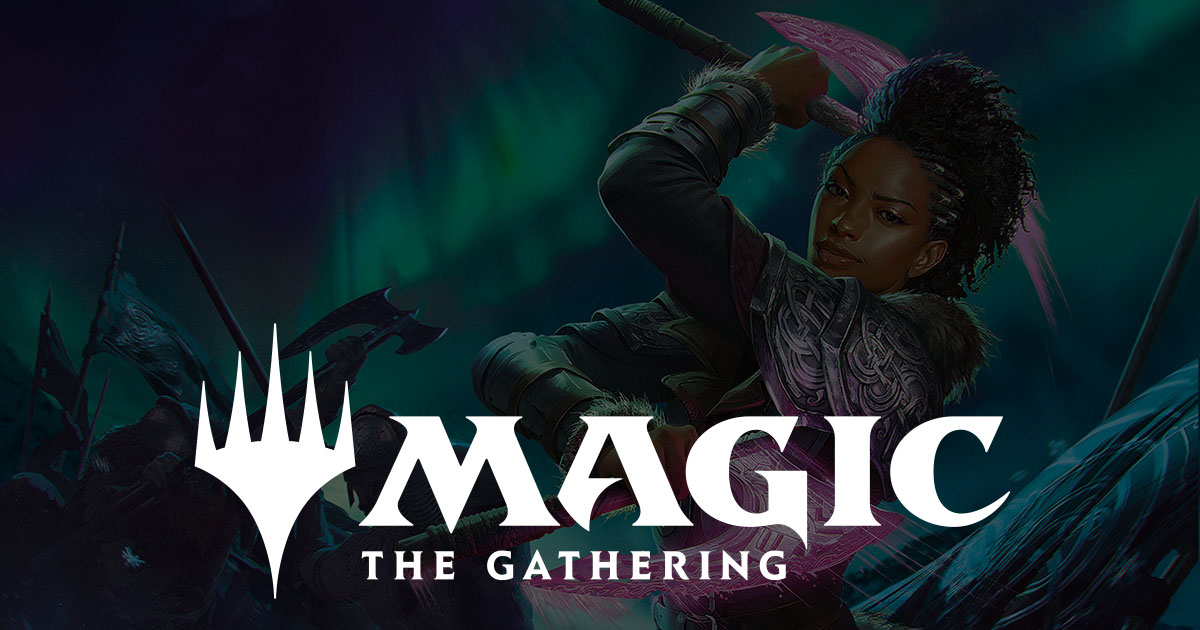The latest edition of WotC's online magazine contains some juicy tidbits about Mythic Odysseys of Theros!


- It features Volothamp Geddarm.
- It was headed up by James Wyatt, who used to work on D&D, and now works on Magic: The Gathering. He worked on the 3E Deities & Demigods.
- It's based on a novella, which Wyatt spent considerable time researching.
- He also read about the government of Athens, and the Greek calendar.
- Subclasses include the College of Eloquence bard ("the philosopher ideal'), the Oath of Heroism paladin, and the Forge and Grave cleric domains.
- The DMG piety system has been "blown up into a huge thing"... "That includes all sorts of rewards and restrictions for characters who choose to devote themselves to a god and track their piety.”
- New magic items of the gods - artifacts and weapons.
- “Everyone gets this extra leg up that is a gift of the gods, which is separate from the usual character background. It may be a magical thing about your nature, such as you have the mind of a sphinx and your thoughts can’t be read. Or you might be an oracle, which is an opportunity for your Dungeon Master to give you plenty of adventure hooks. It’s a straight power-up but not a huge power-up”
- A table of omens with 100 entries.
- Minotaurs, centaurs, merfolk (tritons from Volo), satyrs, leonine.
- “The leonin is a different, stronger cat person, not just a tabaxi!”
- "Satyrs are pretty much as you would expect. They’re party animals with good Dexterity and Charisma, they have a headbutt attack, they’re fast, they’re fey, they resist magic and they have musical instrument proficiency and persuasion."
- Different lore for D&D creatures to match the Greek setting.
- Mythic threats are boss fights. More than legendary. Aresta of the Endless Web is a spider. Has baby spiders which fight you.
- Dyson Logos did the maps.
- "There’s a temple of Athreos in two parts, split by the river that flows between the mortal world and the underworld."


